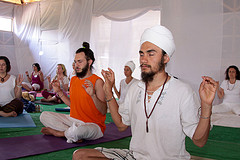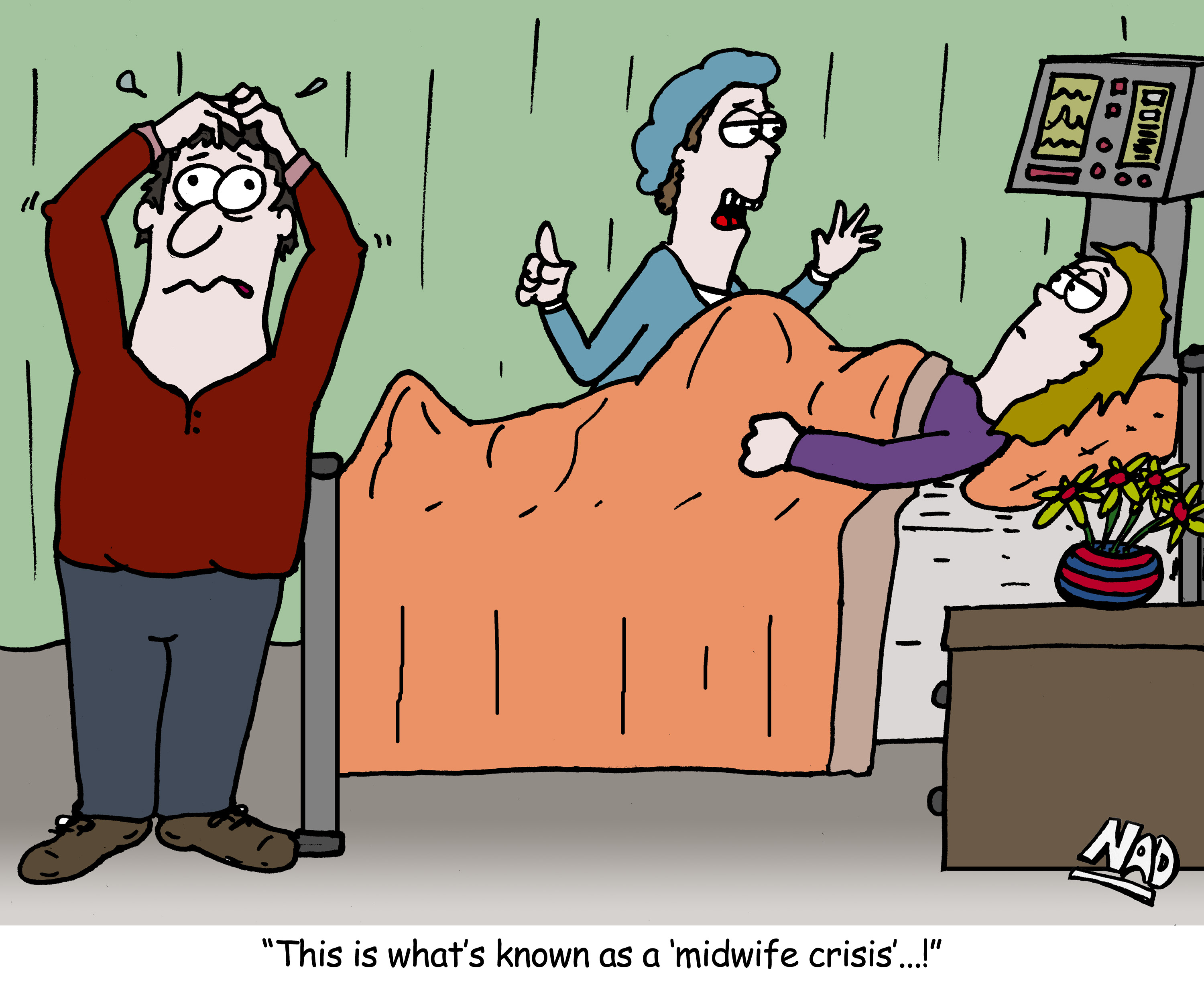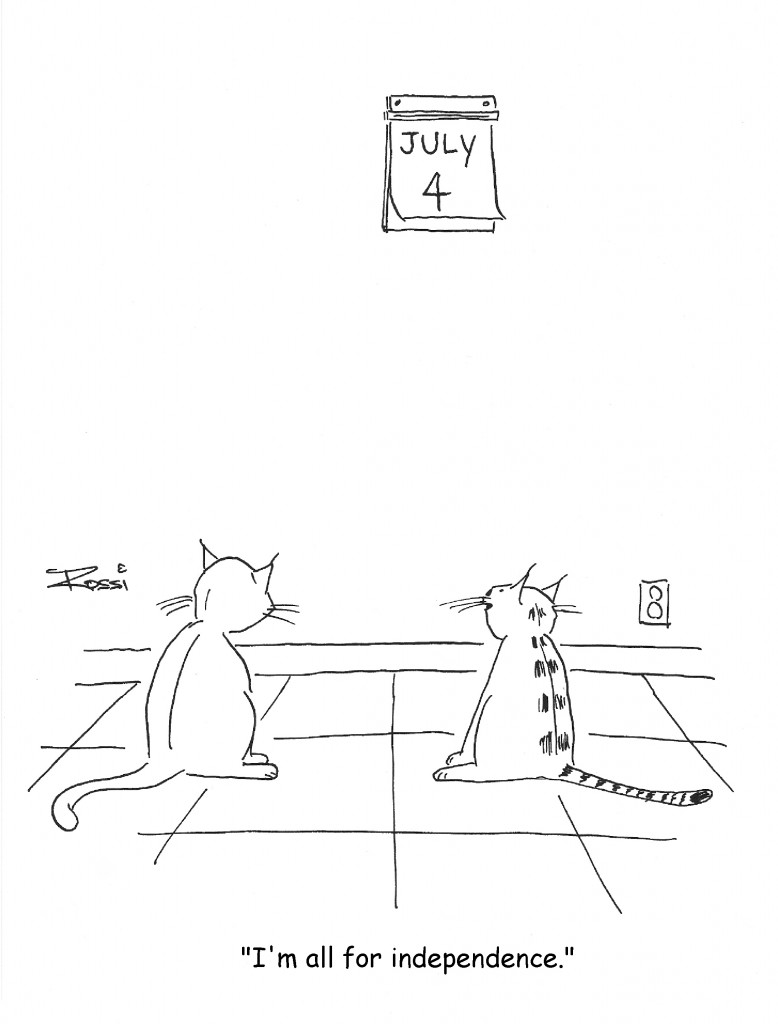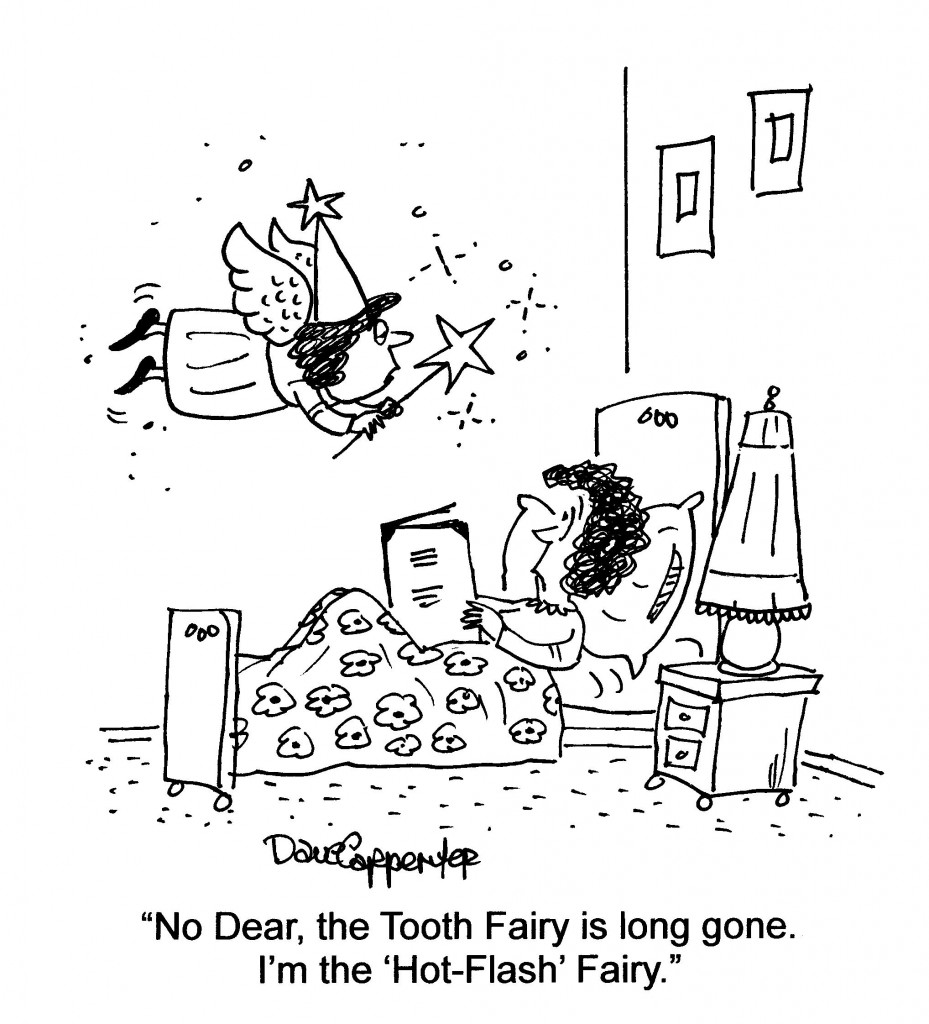Guyside: Do you have recovery time covered in your exercise?
Yoga. How hard can that be, right? Just a bunch women accessorizing and lying around on mats, right?
Uh-uh. As I type this, my large thigh muscles are complaining, and my abdominal muscles are providing harmony vocals. All this after an “ambitious” session of Kundalini yoga on Monday. As in so many instances, my pain is my fault, for two reasons:
- I have had a fairly indolent fall, with not nearly the same level of activity — yoga or otherwise — that I might expect normally.
- Being reasonably competitive and interested in seeing what others were doing in the class, I wanted to show that I wasn’t some Kundalini newbie. So I pushed myself.
And here I sit, waiting for my muscles to stop being mad at me.
Time was that such foolhardiness on my part wouldn’t have been NEARLY as big a deal. Gluttony, sudden spurts of exercise, alcoholic overindulgence, nights with very little sleep — it all was part of the game, and I (or at least I think) was able to perform quite fine under all sorts of self-imposed constraints. Now, it’s a different story. I can have late nights, but there will be a price to pay. The days of 80-chicken-wing sprees accompanied by pitchers of beer? Gone. And as my yoga experience has shown me (not for the first time), I need to gauge my level of effort when exercising and prepare for recovery time.
And it’s not just me. Science says so. An article in the Encyclopedia of Sports Medicine and Science states baldly that “The recommended dose of exercise should do no more than leave the participant pleasantly tired on the following day. Recovery processes proceed slowly, and vigorous training should thus be pursued on alternate days.” And a Harvard Men’s Health Watch article points out (too late for me this time) that it’s best to “Work yourself back into shape gradually after a layoff, particularly after illness or injury.”
This week, I brought my bike in from the garage to set it up for winter training. If I have learned one thing from Monday’s yoga class, it’s that while I can do stuff, I can do stuff better if I do it with an eye to gently bringing myself up to speed, rather than exploding out of the gate.
And the benefits of physical activity are so great and diverse that there’s no argument against moving a bit more. Now, can someone pass the Ben-Gay?
Photo: cc-licenced image from Flickr user Jamie Ramos.
Read MoreHumour: pretty decent medicine

The Royals had court jesters to supply them with humour. What’s your source?
When I was a kid, my parents subscribed to Reader’s Digest. In addition to the “I am Joe’s Kidney” features, I remember the humour columns, like “Humour in Uniform,” “Life’s Like That,” and my joke-obsessed-kid favorite, “Laughter, the best medicine.” It’s still there, at least here in Canada. In addition to the monthly magazines, our house had a bunch of anthologies of funnies that would have come with “Reader’s Digest Condensed Books” (not to be confused with Condensed Milk, apparently).
I don’t know if those jokes got me into being funny early on, but something did. Humour has been part of my life pretty much as long as I can think, for both positive purposes — if you’re thought of as ‘the smart one’ in school, ‘the funny one’ is a big step up — and for negative — I spent a lot of years using jokes and humour to keep people away from any real feelings I might have had.
But when it comes to health, humour is pretty decent medicine. Trust me on this one. As a bladder cancer guy, I have had multiple people dealing with the areas I normally only show one person over a period of years — and being in a city with a med school and multiple health science programs means that you’re not only dealing with the urologist / nurse / sonographer / whatever, you’re dealing with residents / interns / students… Sometimes the only way to deal with the more embarrassing parts of the whole affair is to crack wise. I think it helps them too.
But there’s more to humour than just dispersing embarrassment. There’s lots of research that shows humour can help when you’re ill, and help before you get ill. One study of prostate cancer support groups found that for participants, humour is a way of sharing information about their health and feelings that doesn’t leave the men feeling vulnerable. Given what we already know about men’s unwillingness to be open about their health, that’s a valuable thing.
There can be a dark side to humour, though, especially as men sometimes use it. Sometimes jokes can be couched in mean or insulting terminology, and sometimes (as I know to my regret!) humour that works in one context doesn’t in another. I’ve made some jokes about cancer that have gotten a laugh from some people and dropped jaws elsewhere.
Ask yourself if you have enough laughter in your life. If not, find ways of seeking it out or making your own fun. It may not be the best medicine — if you have a heart attack, I’d recommend a bypass rather than a Marx brothers marathon — but it’s more important than you might think.
CC-licenced photo by Flickr user neiljs
Read MoreLet freedom ring!
And independence too!
Have a Flashfree holiday. Stay safe. And we’ll see you on Monday!
Read More
Friday Folly: Long in the tooth…
I was amused to read a post the other day on Facebook about a friend’s child awaiting the Tooth Fairy. And then it hit me: tooth fairy? I’m so long in the tooth that those days are long gone. Now? It’s the Hot Flash Fairy!
Hope you’ll get a few giggles; I did!
Read MoreWednesday Bubble: Evolution?
Do they or don’t they? Inquiring minds want to know!
Tell me what your flashes are like and how they’ve been as you’ve been moving through the ‘pause. Hopefully, we can collectively come up with some effective solutions!
Read More










